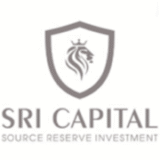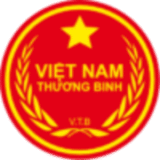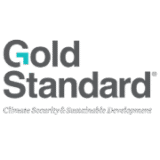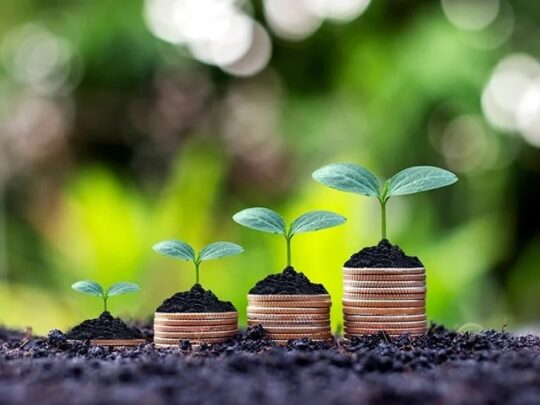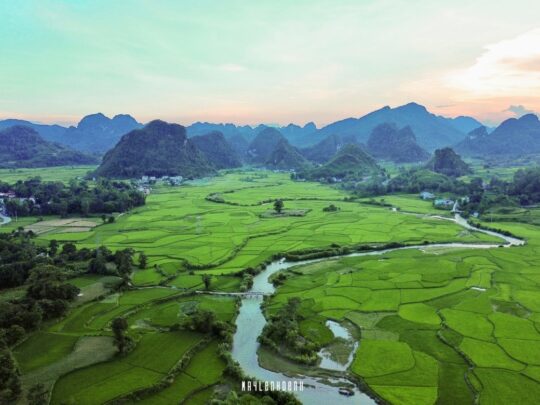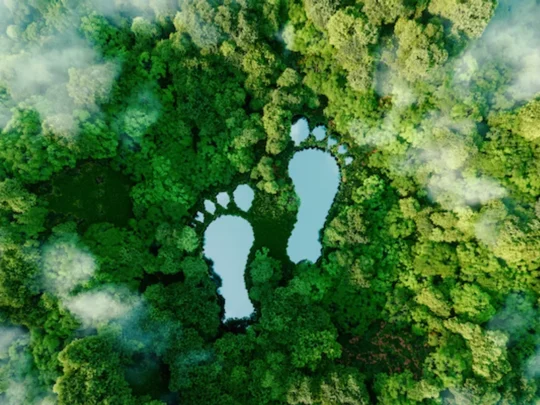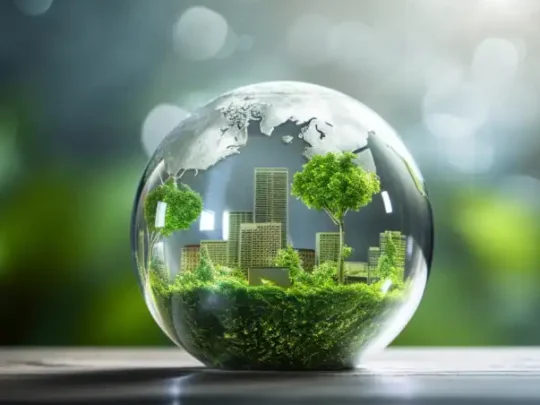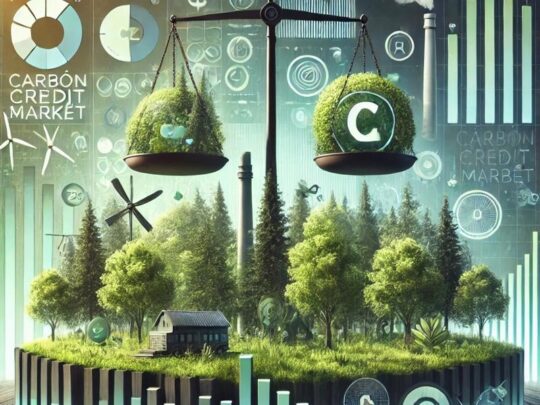VTB Carbon Vietnam Fund
VCVF
Carbon Credit Exchange
Agricultural Technology
Value Chains
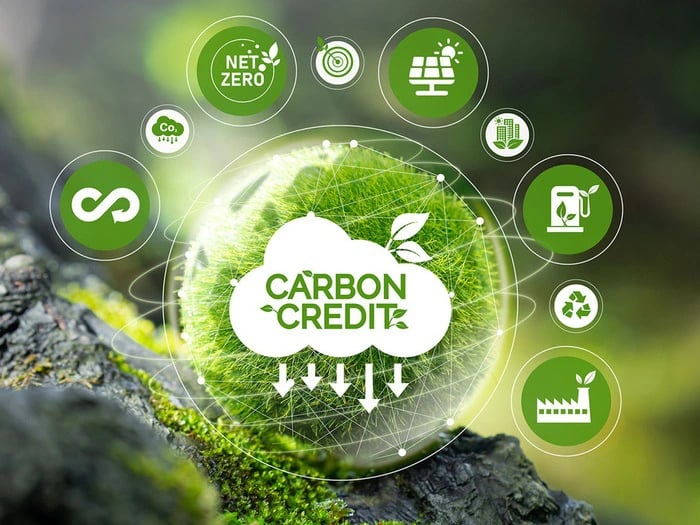
Net Zero
by 2050
by 2050
Driving global innovation in carbon credit investments and climate solutions for a sustainable future.Investing in a Sustainable Future
VTB Carbon Vietnam Fund is a global leader providing innovative investments and carbon credit solutions to address climate change. We were established to support companies, governments, and communities in achieving their goals of carbon neutrality and sustainable development. Additionally, we offer integrated solutions that help clients achieve their climate goals through verified carbon credit projects and expert climate strategies.
Our CampaignGLOBAL CARBON CREDIT EXCHANGE
To build a transparent and efficient green financial ecosystem that promotes carbon reduction activities within Vietnam. To enhance Vietnam’s competitiveness by linking with the global carbon market.
Credit Trading
Real-time auction and over-the-counter trading systems.
Market Information
Provision of transparent market data, including trading volume and price trends.
Credit Registration & Management
Issuance, transfer of ownership, and retirement of credits.
VATCVCVF Agricultural Technology Center
VATC aims to establish an eco-friendly agricultural technology center to promote advanced agricultural machinery, biotechnology, drones, and solar-powered pest trap technologies from advanced countries. This center aims to enhance Vietnam’s high-tech agricultural technology and support the commercialization of agricultural machinery and supplies. Based on this center, VATC aims to support Vietnam’s agricultural strategy of eco-friendly, high-tech agriculture and promote low-carbon, high-quality agriculture in the vast Vietnamese market.
1. Construction and operation of environmentally friendly microbial cultivation/ distribution/ soil analysis facilities.
2. Operation of agricultural drone assembly facilities and training of agricultural drone pilots.
3. Development of eco-friendly fertilizers, Bio Stimulant, and organic farming programs.
4. Training of professional personnel (local/invited training) and education and training of farmers.
5. Solar pest trap & AWD remote censor assembly and distribution.
Value Chains
“VCVF and its business consortium groups have built a robust network of export buyers over the past five to ten years. Major export markets include Korea, Japan, the US, China, the Middle East, Europe, and Russia. Key export products include rice, tropical fruits, seafood, vegetables, frozen meat, and processed meat. Buyers are primarily concerned about securing stable imports of safe agricultural, livestock, and aqua products that do not exceed pesticide residue standards at average prices. To meet these needs, VCVF plans to complete the five value chains outlined below, expand into diverse export markets, and realize environmentally friendly, low-carbon agriculture.”
The FORREST
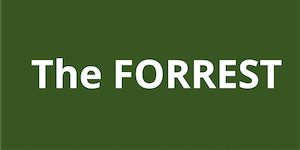
The FORREST Value Chain is launched with the goal of producing, exporting, and distributing high-quality, low-carbon rice. Expanding from a minimum of 20,000 hectares in the Mekong Delta region to a maximum of 500,000 hectares, the project primarily produces high-quality rice such as Japonica Rice, Jasmine Rice, and Brown Rice, contributing to farmers’ incomes. Working with the Vietnamese government, the project aims to establish a sustainable value chain.
Organic Rice Shrimp(ORS)
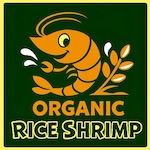
Currently, the Mekong Delta region is facing difficulties in rice cultivation due to the backflow of salty seawater caused by the climate change crisis. The Vietnamese government has designated up to 200,000 hectares as shrimp rice areas, encouraging the cultivation of both river shrimp and rice. However, the various chemical fertilizers used in rice cultivation have compromised shrimp safety and hindered exports. VCVF is developing a value chain that implements eco-friendly microbial farming methods, commercializes ORS, and exports it globally. We will secure 20,000 hectares of contract farms in the future.
GEFKAP
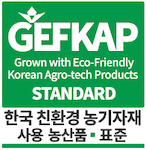
Vietnamese farmers want to use relatively expensive, eco-friendly agricultural products, but they fear that buyers will turn away from these higher-cost agricultural products. Surprisingly, however, many buyers are willing to import safe, clean, eco-friendly rice, fruits, vegetables, seafood, and livestock products, even if they are slightly more expensive. The challenge lies in establishing clear standards and maintaining a robust buyer network to ensure farmers can use eco-friendly products with confidence. GEFKAP is a crucial value chain that connects buyers with agricultural products made with Korea’s eco-friendly products, which rank among the top five globally.
USDA
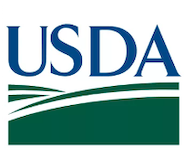
HALAL
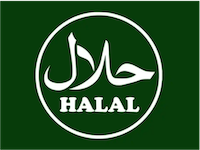
VCVF plans to build a robust export platform that not only provides USDA and HALAL certification, but also all the certifications desired by major buyer countries. For example, the Korea Food and Drug Administration (KFDA) requires a fruit verification permit. We will also secure certifications from Japan’s JAS Organic and the EU, establishing a value chain that allows buyers in each export network to place orders with confidence. This will elevate the status of Vietnamese agriculture and is crucial for the health of not only the Vietnamese people but also those importing Vietnamese agricultural products around the world. VCVF’s fundamental goal is low-carbon agriculture. Agriculture is the number one cause of carbon emissions in Asia. VCVF will actively address the climate crisis and environmental issues threatening the world and fulfill its mission.
Executive Board
Nguyen Duc Thinh
Chairman
Ngo Tri Don
Vice Chairman
Chang Chang Hyeok
Market Development Director
Phan Quoc The
Administration Director


